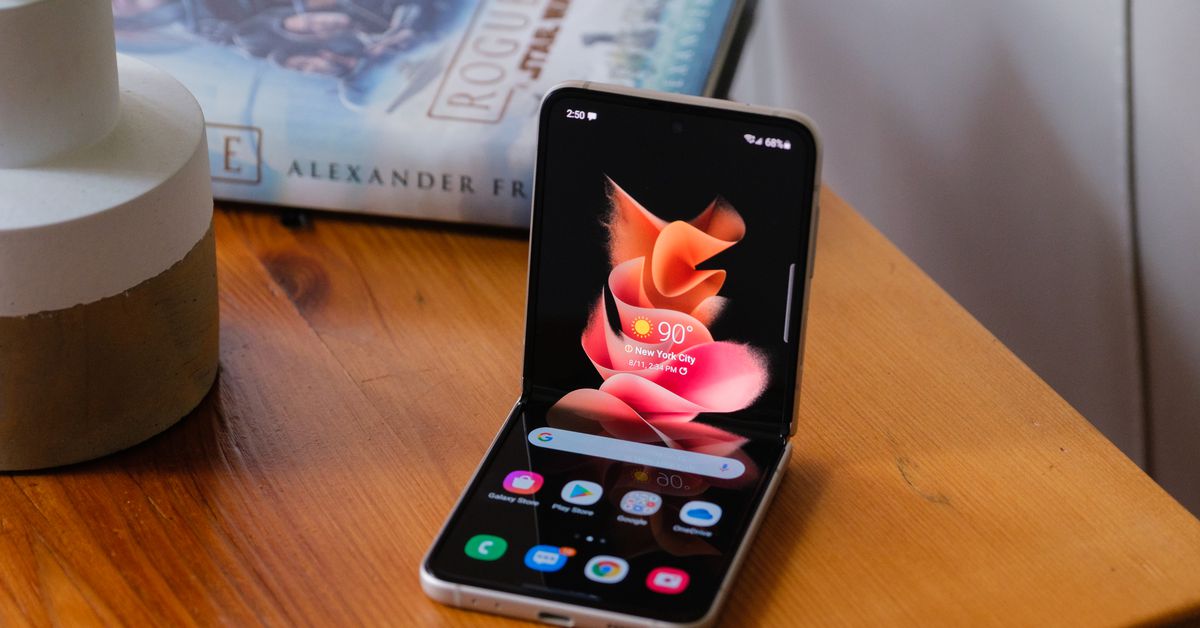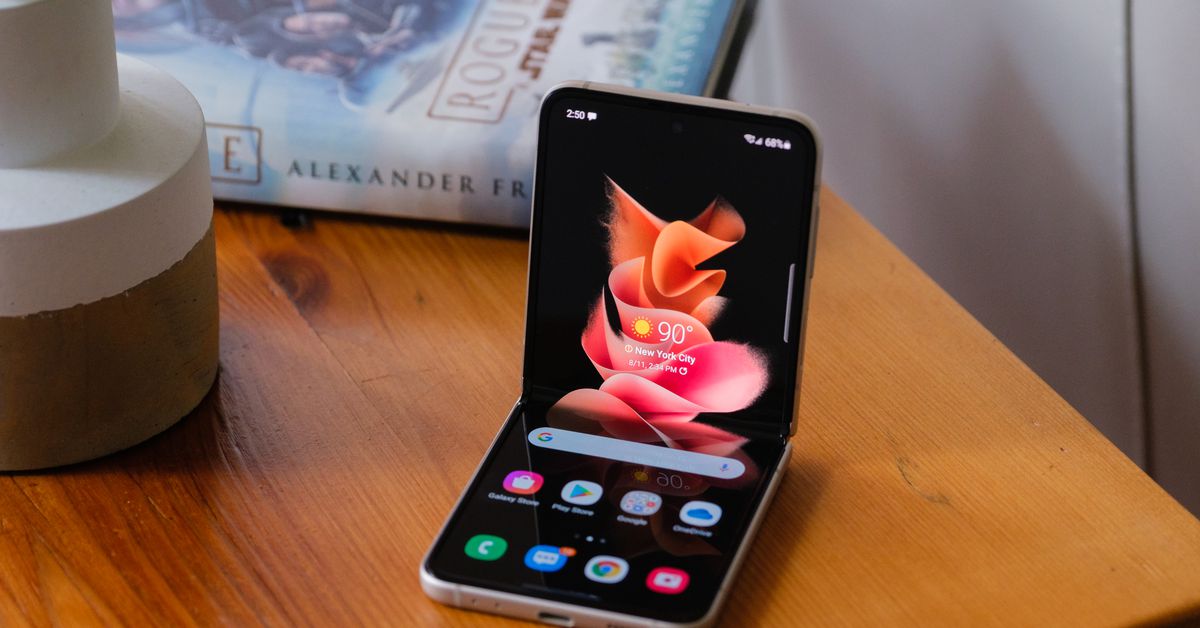
In 2020, Samsung weathered the pandemic by posting a record high for revenue in the third quarter of 66.96 trillion won. The company just revealed that it set another record for the same period in 2021, reaching 73.98 trillion won, or about $63 billion. While its revenue was up about 10 percent, Samsung says its profits grew by 26 percent from last year to hit 15.82 trillion won ($13 billion).
Despite a shortage of key chips worldwide, the memory chips and processors Samsung makes that go into everything from servers to mobile phones are in as much demand as ever. Shifts to hybrid work mean have companies buying more SSDs, CPUs, and RAM for servers
Samsung will “reorganize” to focus on quantum dot 4K TVs instead of LCDs
As the world’s largest chipmaker, high prices for memory chips mean high profits for Samsung, even if rising costs for raw materials and logistics cut into the profits of its consumer electronics division. Sales for its memory division specifically were up 46 compared to the same period last year, while profits for the semiconductor division as a whole nearly doubled, going from 5.54 trillion won to 10.06 trillion won (~$8.5 billion) (pdf).
Samsung is also the world’s largest phone maker and says that it saw strong demand for foldable like its Galaxy Z Flip 3 and Galaxy Z Fold 3 and the low- to mid-range Galaxy smartphones it produces.
Despite reports of possible production issues and slashed manufacturing targets for Apple’s iPhone 13 lineup, Samsung says its mobile display earnings rose “driven by demand for newly launched products from major smartphone customers.” The most major customer that Samsung provides its mobile OLED displays to is Apple, and that company will report its quarterly earnings tomorrow.
Looking into the future, Samsung expects solid earnings for its mobile displays in Q4, and not just because of phones. There’s demand for OLED in larger devices like laptops, tablets, and especially game consoles like Nintendo’s new Switch OLED, which uses a Samsung-made panel.
As far as its TV business, the company is focused on the high-end, saying that it is on track to start producing new quantum dot-based sets that will continue Samsung’s fight against OLED TVs from LG.
